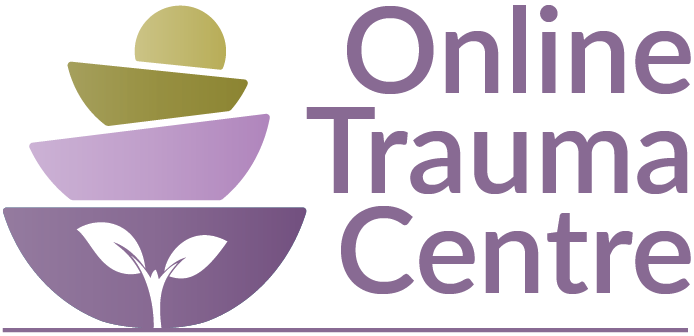Our Approach to Trauma Therapy
Rooted in Authenticity, Empathy, and Evidence-Based Practice
At the Online Trauma Centre, our approach to Trauma Therapy is grounded in authenticity, empathy, collaboration and evidence-based practices. We see therapy as a shared journey — one of inner resourcing, healing, and self-discovery.
Together, we’ll explore the neurobiological impact of trauma, understand your symptoms and triggers, and develop tools to manage overwhelming emotions and trauma responses using proven strategies.
Trauma Therapy is More Directive Than Counselling
Trauma therapy differs from traditional counselling because it is typically more structured and directive. Survivors often experience intense emotional and somatic reactions when revisiting trauma memories. A more focused approach helps:
- Maintain emotional safety and structure
- Target trauma-specific symptoms effectively
- Utilise evidence-based treatment models with clarity and purpose
Directive sessions support progress while helping you feel safe and grounded throughout the process.
A Three-Phase Model for Trauma Recovery
We follow a recognised three-phase model designed to support clients with PTSD, Complex PTSD, or a lived experience of complex trauma:
Phase 1 – Safety, Stabilisation & Preparation
We begin with assessment, psychoeducation, and symptom reduction strategies. This includes:
- Learning grounding techniques
- Developing emotion regulation skills
- Building internal safety and stability
Phase 2 – Processing Trauma and Memories
When you are ready, we work through traumatic memories using a range of evidence-based therapies, tailored to your unique needs. This may include Cognitive Processing Therapy (CPT), EMDR, Prolonged Exposure Therapy to name a few, or other modalities recommended by NICE guidelines.
Phase 3 – Integration & Post-Traumatic Growth
This final phase focuses on healing and reintegration. We support you in:
- Addressing remaining triggers or beliefs
- Building adaptive coping mechanisms
- Developing self-compassion
- Moving towards post-traumatic growth and reclaiming parts of yourself, your voice that may feel lost or silenced
Evidence-Based Therapies
All our therapists are formally trained in a variety of evidence-based trauma treatments and more. You can learn more about these approaches by visiting the therapy tabs on the right-hand side of this page or by contacting your individual therapist directly.
Commitment Between Sessions (Homework)
Trauma therapy often includes structured work between sessions. This might involve journaling, practicing regulation techniques, or reflecting on therapeutic insights. Because the therapies we offer are grounded in research and recommended by national guidelines, commitment to this work is essential for full therapeutic benefit. If you are not engaging in the homework, then you are not receiving the treatment
If you’re not in a position to complete this work between sessions, trauma therapy may not be the right fit at this time — and that’s okay. We’ll always support you in finding the right path forward.

